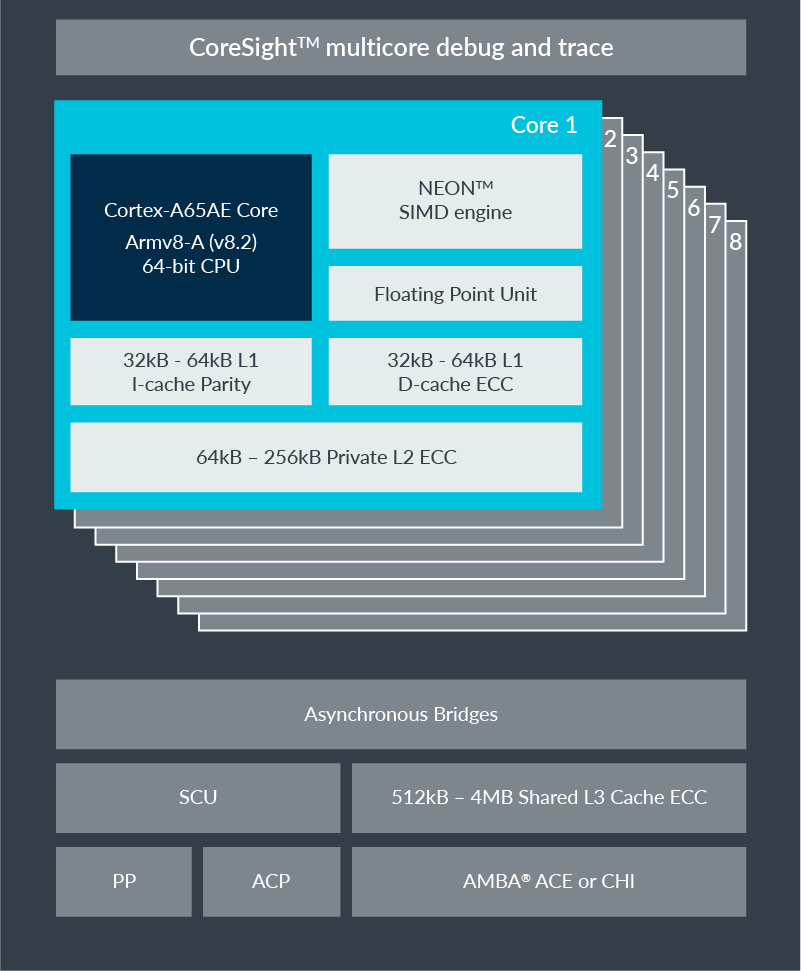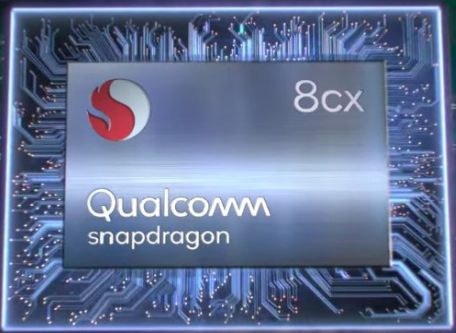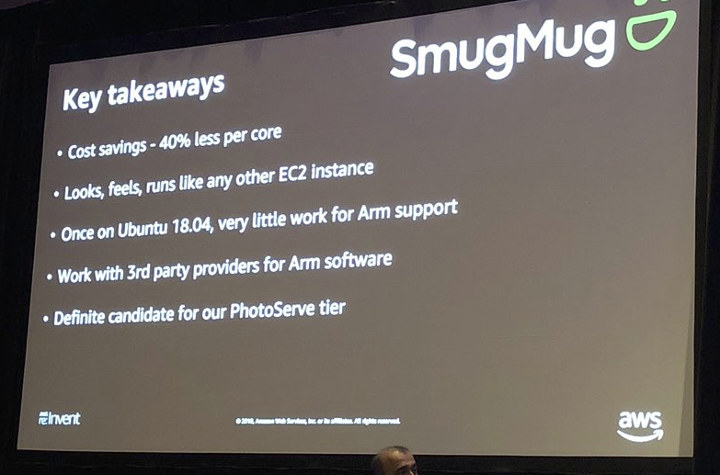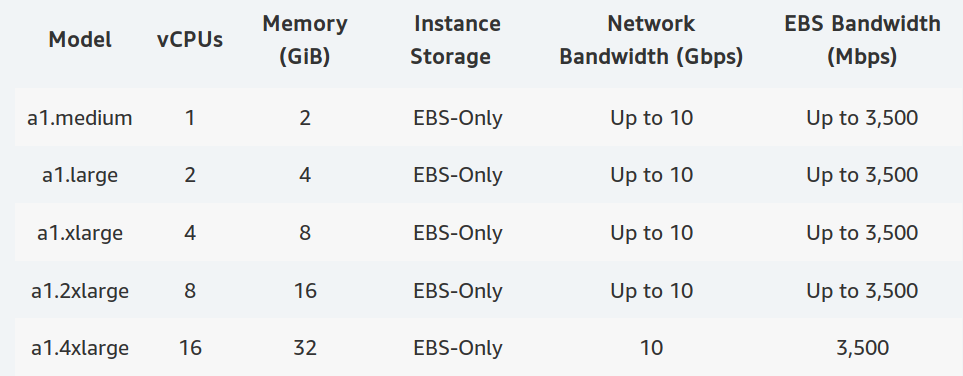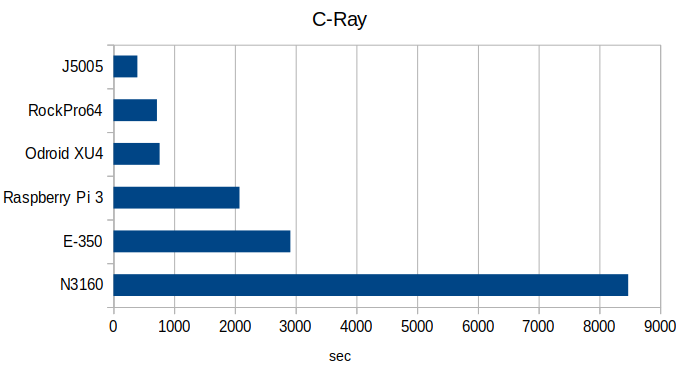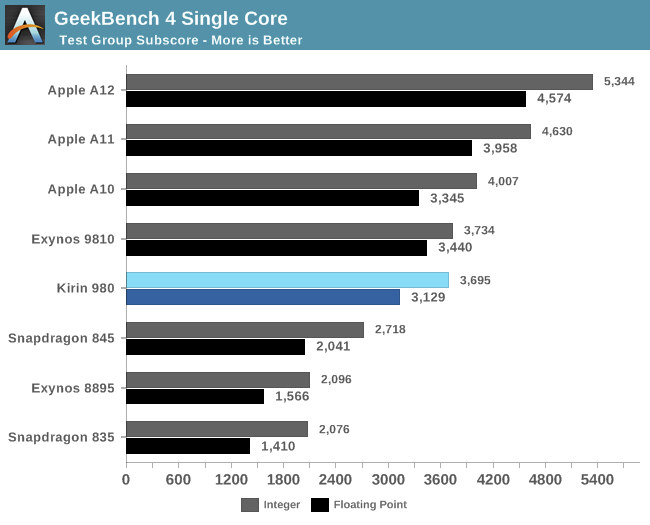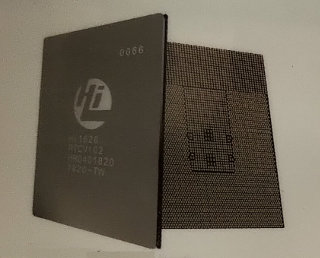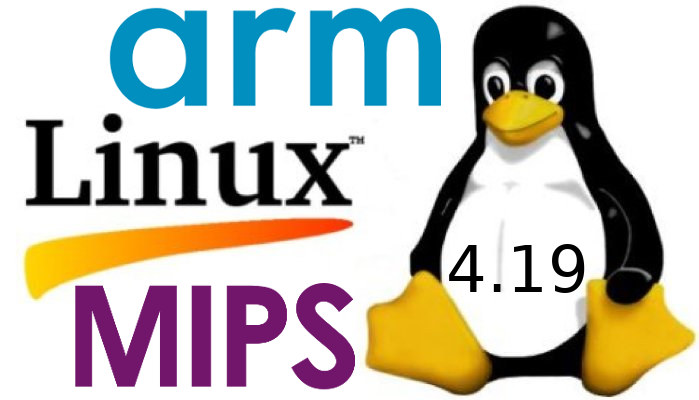Arm introduced their first “Automotive Enhanced” processor with Cortex-A76AE last September. The processor targets autonomous driving applications, and comes with extra safety features such Dual Core Lock-Step (DCLS) running the same code on two different cores to continuously check the execution result is the same on both. The company has now unveiled a second AE core with Cortex-A65AE, which Arm claims is the first multithreaded Automotive Enhanced Cortex-A CPU technology to deliver the highest safety levels with Dual Core Lock-Step (DCLS). Arm Cortex-A65AE specifications: Architecture – Armv8-A (Harvard) Extensions – Armv8.1, Armv8.2, Cryptography, RAS, and Armv8.3 (LDAPR instructions only) ISA support – A64 Microarchitecture Out-of-order Pipeline Superscalar NEON/Floating Point Unit Optional Cryptography Unit Max number of CPUs in cluster – Eight Physical Addressing (PA) – 44-bit Dual Core Lock-Step Memory system and external interfaces L1 I-Cache / D-Cache – 16KB to 64KB L2 Cache – 64KB to 256KB L3 Cache […]
Qualcomm Snapdragon 8cx 7nm Processor is Designed for Always-Connected PCs
The first day of Qualcomm Tech Summit focused on 5G technology, the second day revealed details about Snapdragon 855 mobile processor, and the third and last day was about Snapdragon 8cx Compute Platform, a 7nm processor specifically designed for always-on always-connected PCs that performs as well as some 15W processor(s) from Intel, but at much lower power consumption. Snapdragon 8cx specifications: CPU – 8x Qualcomm Kryo 495 64-bit cores (dual cluster) with a total of 10MB cache; 7nm Process Technology Visual Subsystem – Qualcomm Adreno 680 GPU with DX12 support, 128-bit memory interface Memory – LPDDR4x, 8 Channels Storage – NVME SSD, UFS3.0 Qualcomm Artificial Intelligence Engine Qualcomm Hexagon 685 DSP Qualcomm All-Ways Aware technology AI features 4th Generation Qualcomm AI Engine Enhanced voice assistant experiences for Alexa and Cortana with Qualcomm Aqstic technology Display Maximum On-Device Display Support: 4K Dual 4K external displays support Audio Qualcomm Aqstic audio technology […]
Amazon EC2 A1 Arm Instances Deliver up to 45% Cost Savings over x86 Instances
Just a couple of days ago, Amazon introduced EC2 A1 Arm instances based on custom-designed AWS Graviton processors featuring up to 32 Arm Neoverse cores. Commenters started a discussion about price and the real usefulness of Arm cores compared to x86 cores since the latter are likely to be better optimized, and Amazon Web Services (AWS) pricing for EC2 A1 instances did not seem that attractive to some. The question whether it makes sense will obviously depend on the workload, and metrics like performance per dollar, and performance per watt. AWS re:Invent 2018 is taking place now, and we are starting to get some answers with Amazon claiming up to 45% reduction in costs. It sounds good, except there’s not much information about the type of workload here. So it would be good if there was an example of company leveraging this type of savings with their actual products or […]
Amazon Launches 64-bit Arm Server “A1” Instances
Amazon has developed AWS Graviton processors optimized for cloud applications and delivering power, performance, and cost optimizations over their Intel counterpart. The processors feature 64-bit Arm Neoverse cores and custom silicon designed by AWS themselves, and can be found today in Amazon EC2 A1 instances. The screenshot above shows Amazon Linux 2, Red Hat Enterprise Linux 7.6, Ubuntu 18.04 Server, and Ubuntu 16.04 Server machine images having options for either 64-bit x86 or 64-bit Arm servers. Amazon Arm server instance are particularly suitable for applications such as web servers, containerized microservices, caching fleets, distributed data stores, as well as development environments. Amazon further explains: A1 instances are built on the AWS Nitro System, a combination of dedicated hardware and lightweight hypervisor, which maximizes resource efficiency for customers while still supporting familiar AWS and Amazon EC2 instance capabilities such as EBS, Networking, and AMIs. Amazon Linux 2, Red Hat Enterpise Linux […]
An Attempt to Benchmark Entry-level x86 Boards against RK3399 & Exynos Arm Boards
Some Arm boards have become quite powerful, while hardware based on low power Intel processor has generally become cheaper with both architectures somewhat converging in terms of performance and price. Piotr Maliński got interested and purchased some low cost (<$150) Intel hardware to compare to mid-range Arm boards, throwing a Raspberry Pi 3 B+ into the mix as well for comparison. Those are the Intel test boards / computers: Qotom motherboard with Intel Atom Z3735F Bay Trail processor, 2GB RAM, 32GB flash – $74 + shipping on Aliexpress Piesia nano ITX board with Intel Celeron N2806 Bay Trail processor, DDR3 SO-DIMM socket, SATA / mSATA interfaces – Piotr found it for around $85 on Aliexpress, but the price now jumped to over $150 plus shipping, which does not make it very attractive Generic thin mini ITX motherboard based on Celeron N3160 “Braswell” processor, DDR3 SO-DIMM socket, SATA / mSATA interfaces. $62.68 […]
HiSilicon Kirin 980 Benchmarks Show Cortex A76’s Impressive Performance & Efficiency Improvements
HiSilicon Kirin 980 was the first processor announced with Cortex A76 cores, which were said to deliver laptop-class performance, with 35% performance improvement over Cortex A75, and around twice the performance of Cortex A73 cores thanks to improvements, and a higher CPU frequency up to 3.0 GHz. But now that Huawei Mate 20 / Mate 20 Pro smartphones are out, various reviews have been published, and Anandtech was mostly able to confirm the claims. In most case, actual results were inline with expectation despite Kirin 980 clock speed being “limited” to 2.6 GHz. Looking at GeekBench 4 single-thread integer and floating-point scores, the Cortex A76 core based Kirin 980 is significantly faster than Cortex A73 powered Snapdragon 835 clocked @ 2.45 GHz. Precisely: 1.77x faster in the integer score,and 2.21x faster in the floating point score. SPECS2006 confirmed the good performance with 1.89x higher integer score, and 2.04x faster for […]
HiSilicon Hi1620 Server SoC to Features up to 64 Arm “Ares” Cores
A few years ago we covered Hisilicon D02 server board powered by the company’s Hip05 SoC with 16 or 32 Arm Cortex A57 cores. I had not seen any updates since then myself, but HiSilicon has released new “TaiShan” Arm based server SoCs every year, and recently unveiled Hi1620, the world’s first 7nm datacenter Arm processor, featuring 24 to 64 Arm “Ares” cores clocked at up to 3.0 GHz. Ares cores are supposed to greatly improve single thread performance in order to compete with x86 server chips. HiSilicon Hi1620 processors specifications: CPU – 24 to 64 Ares ARMv8.2 cores clocked at 2.4 – 3.0 GHz Cache – L1: 64KB I-cache, 64KB D-cache; L2: 512KB private per core, L3: 24-64 shared among cores (1MB/core) Memory – 8x DDR4 channels up to 3200 MHz Interconnect – Coherent SMP interface for 2S & 4S, 3 ports up to 240 Gbit/s per port I/Os […]
Linux 4.19 Release – Main Changes, Arm and MIPS Architectures
With Linus Torvalds taking a leave from the Linux kernel project, Greg Kroah-Hartman was the one to release Linux 4.19 last Sunday: Hi everyone! It’s been a long strange journey for this kernel release… While it was not the largest kernel release every by number of commits, it was larger than the last 3 releases, which is a non-trivial thing to do. After the original -rc1 bumps, things settled down on the code side and it looks like stuff came nicely together to make a solid kernel for everyone to use for a while. And given that this is going to be one of the “Long Term” kernels I end up maintaining for a few years, that’s good news for everyone. A small trickle of good bugfixes came in this week, showing that waiting an extra week was a wise choice. However odds are that linux-next is just bursting so […]


